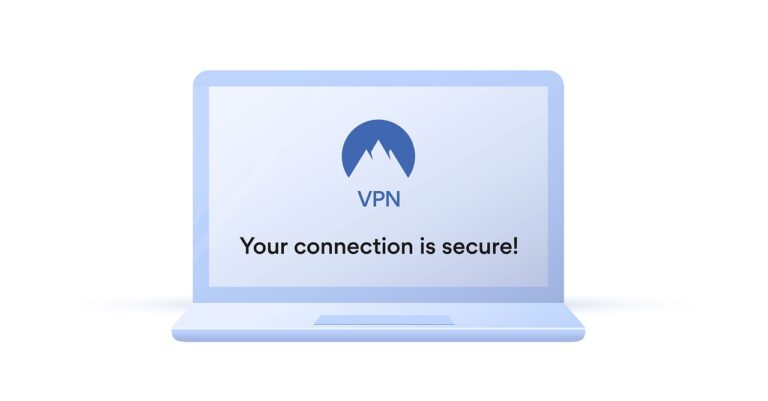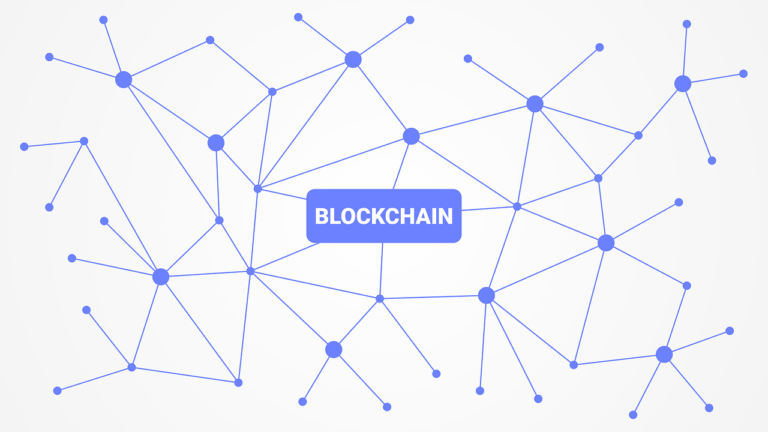What is Proxy? Is it better than VPN?
A proxy is a server work as a gateway between device and internet. When you use proxy, your internet requests routed to proxy server, which take data by you and also forward it back to you. Here is a detailed explanation how proxies work and types.
How Proxies Work?
1. User Request:
When you try to access a website, your browser send a request to cloud for website data. But if you are using proxy, the request sent to proxy server instead of website data.
2. Proxy Server Action:
When you send request to proxy server, the proxy server receive it and assesses it. It depends on its configuration and may log the request by modifying it or decide to fulfill or not. The proxy send the request to the target servers like the website you want to access.
3. Receiving the Response:
Then the target server process the request and send this data back to the proxy server.
4. Forwarding the Response:
Then the proxy server forward the response back to the browser. From your view, it see the data is coming directly from the target server but in reality, it complete the whole process of sending and receiving the request through proxy server.

Types of Proxies:
- Forward Proxy: It positioned between a client (in this field client is not you but client is your computer because through your computer send and receiving requests happened.) and the internet.
- Reverse Proxy: It located in a server or a group of server. It also used to balance load among these servers, increase security, and cache content for fast response.
- Transparent Proxy: It intercept and redirect user’s traffic without changing request. It often used by an organization or ISPs to monitor.
- Anonymous Proxy: In this proxy, IP address is hide. The target server know you are using proxy but doesn’t see your actual IP address.
- High-Anonymity Proxy: It complete hide your identity and also not show that proxy is being used. It often used in privacy focused applications.
- Data Center Proxy: It operates from a data center instead of residential area and also gives high speed but may be easily detected or may blocked sometimes.
- Residential Proxy: It use IP address that given to a specific residential location. It became more difficult to detect because all users in each residential area have same IP address but sometimes slower then data center proxy.
- SOCKS Proxy: It operates at a lower level and also handles any type of traffic like HTTP, FTP and email protocols. It also gives flexibility but have no encryption unless paired.
Benefits of Proxy:
- Privacy: Proxies main work is to hide your IP address that makes it harder for websites and trackers to identify your identity.
- Access Control: Many organizations can restricts access to certain websites using proxies filter.
- Content Filtering: It also used for content filtration used for parental control.
- Bypass Restriction: It allows users to access restricted or blocked content.
- Loads Balancing and Caching: It also reverse proxies that helps in distributive traffic across servers and cache more frequently requested content for high speed response.
- Security: Its main motive is privacy and acts as a firewall, filter harmful or blocked content and prevent direct access to internal network.
Drawbacks of Proxy:
- Latency: Requests routing through a proxy add an extra step in data processing which increase response time and also increase latency.
- Lack of Encryption: With the pairing with encryption tools like HTTPS or VPN, the data still transmitted through proxies may be weak.
- Potential for Abuse: Some Proxies like free or public ones may log user’s activity and sell data.
- Limited Functionality: Proxies may not work frequently with modern applications and requires complex communication or updates.

Conclusion:
Currently, proxies are used all over the world, and some users used it for good purpose and some are for bad purpose. Proxies have power to access blocked or restricted content but some big organization have some proxies filter. This totally restrict content only authorized users can access it.








One Comment